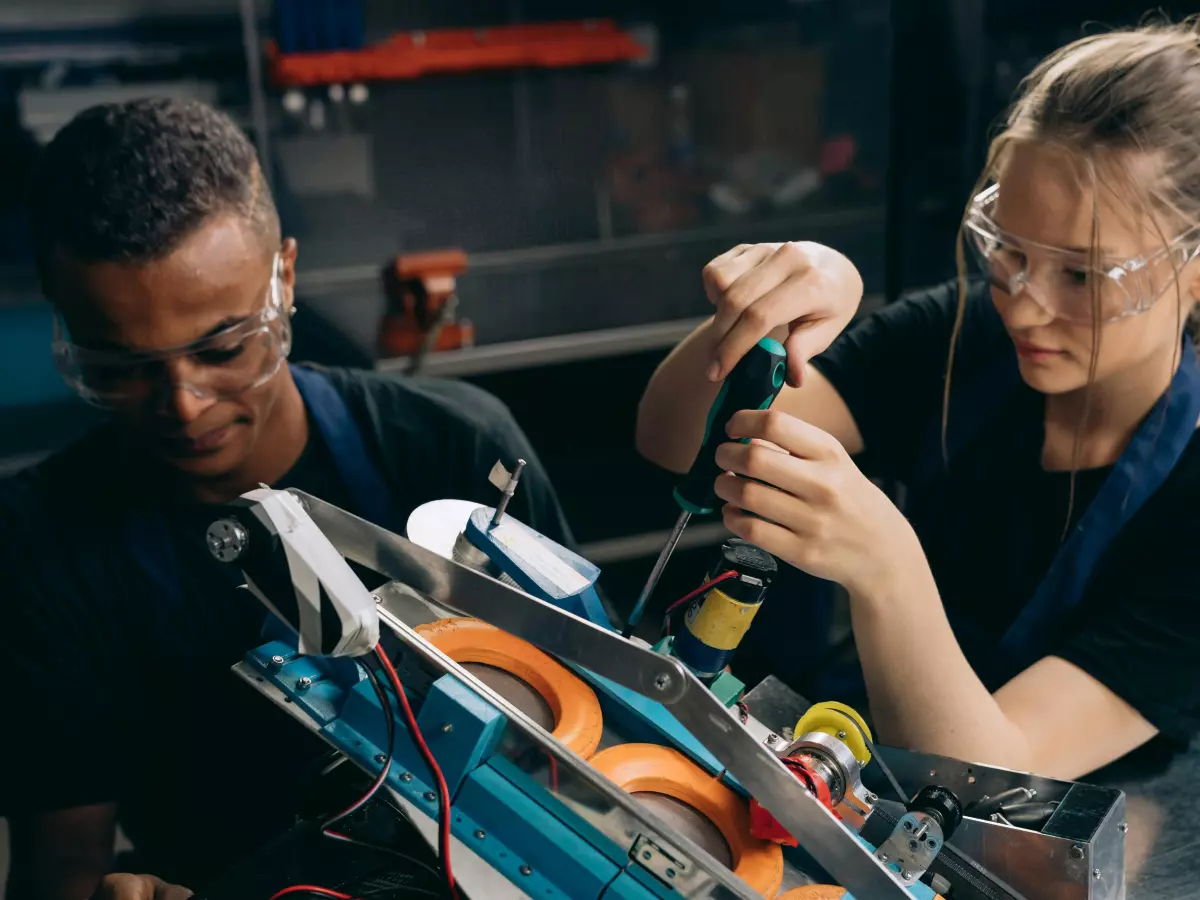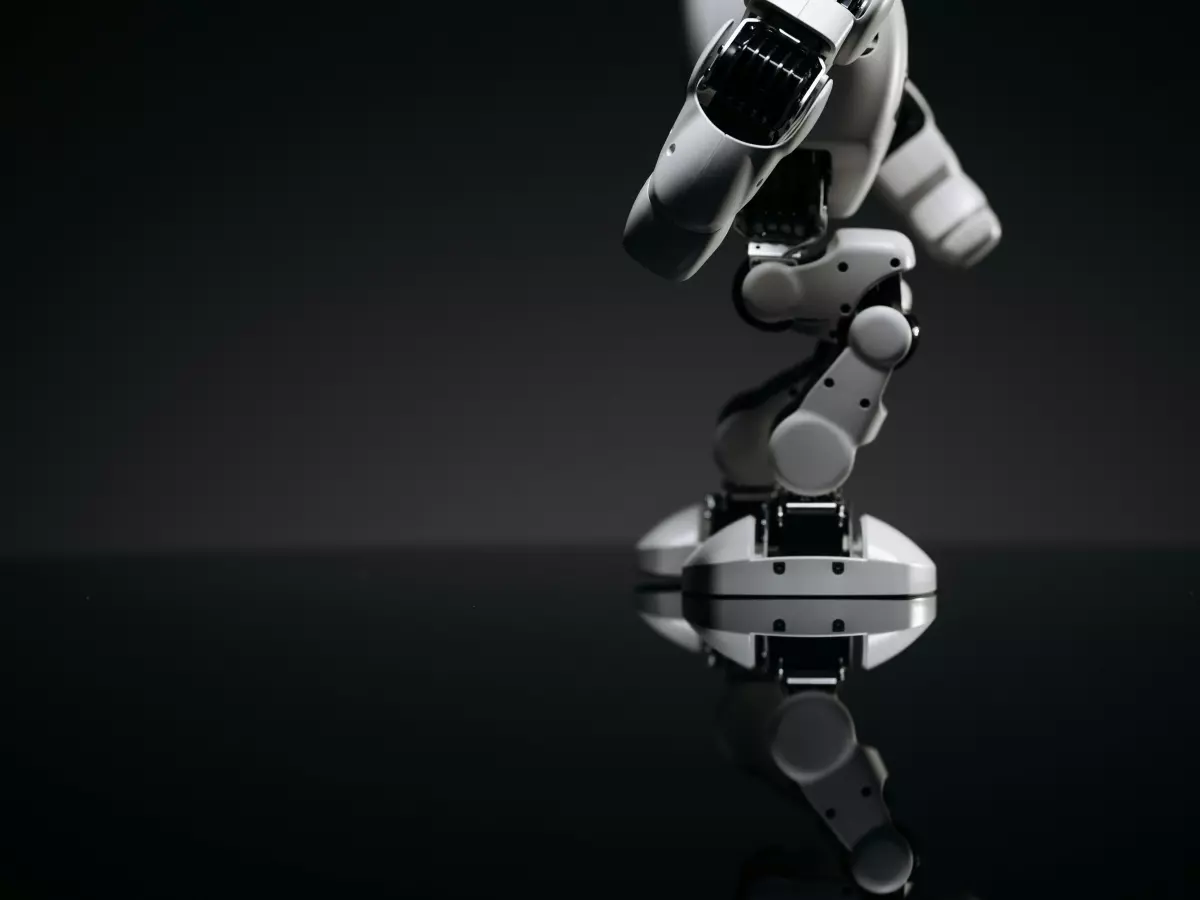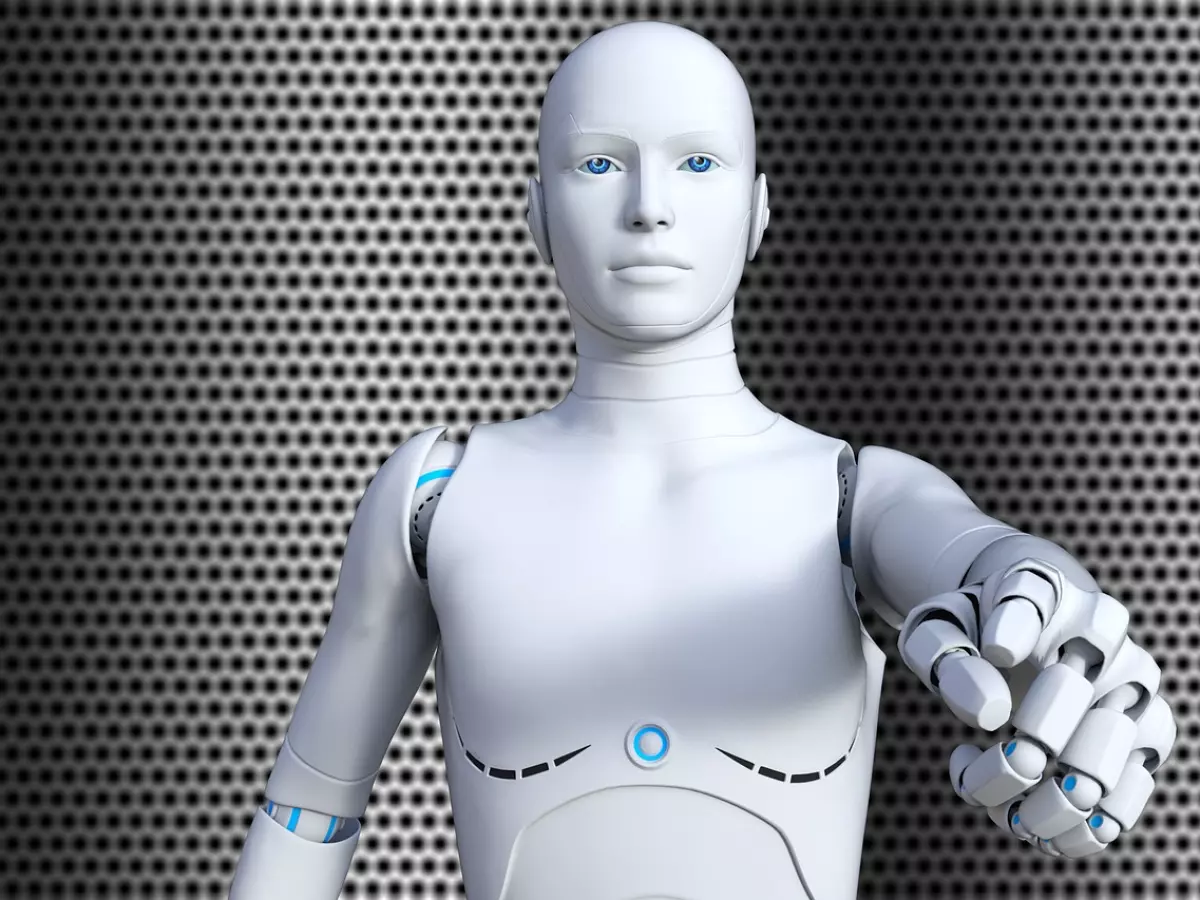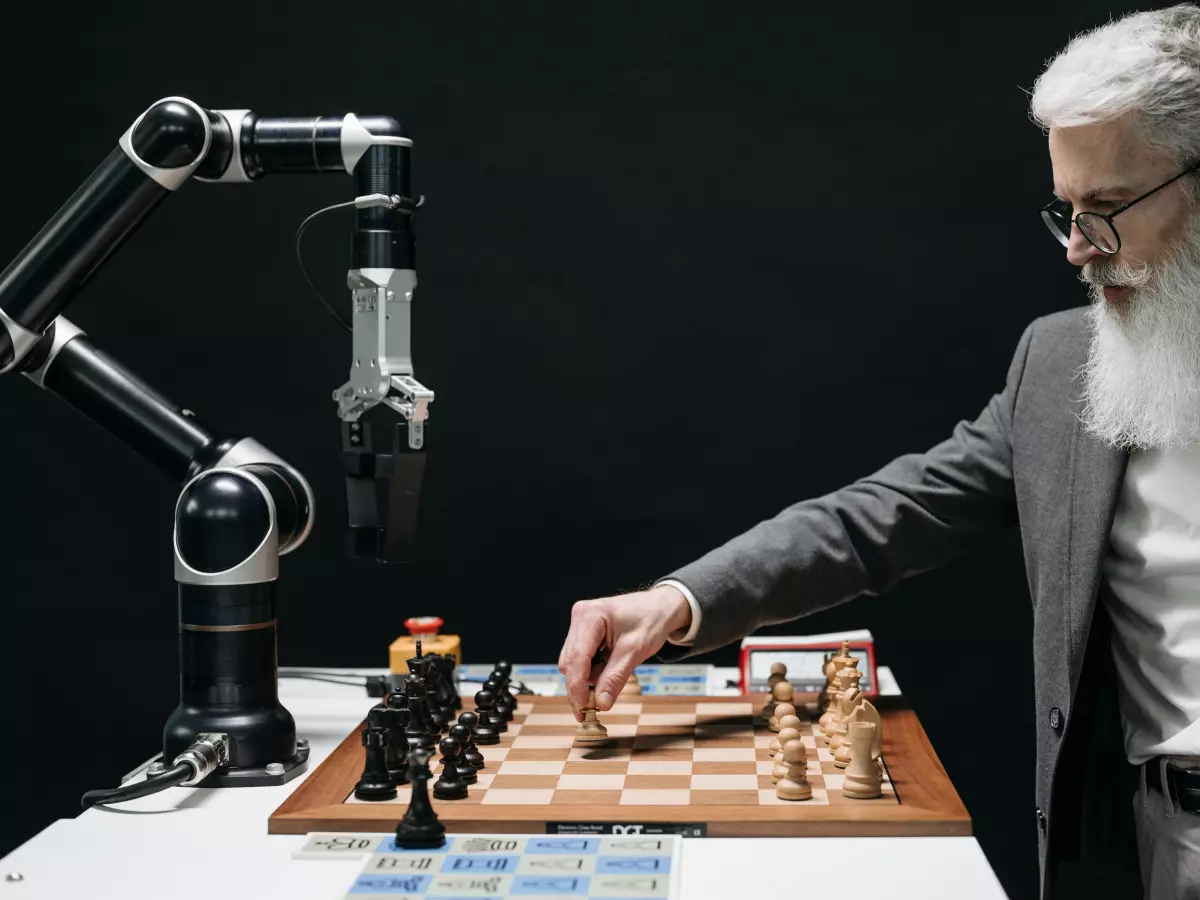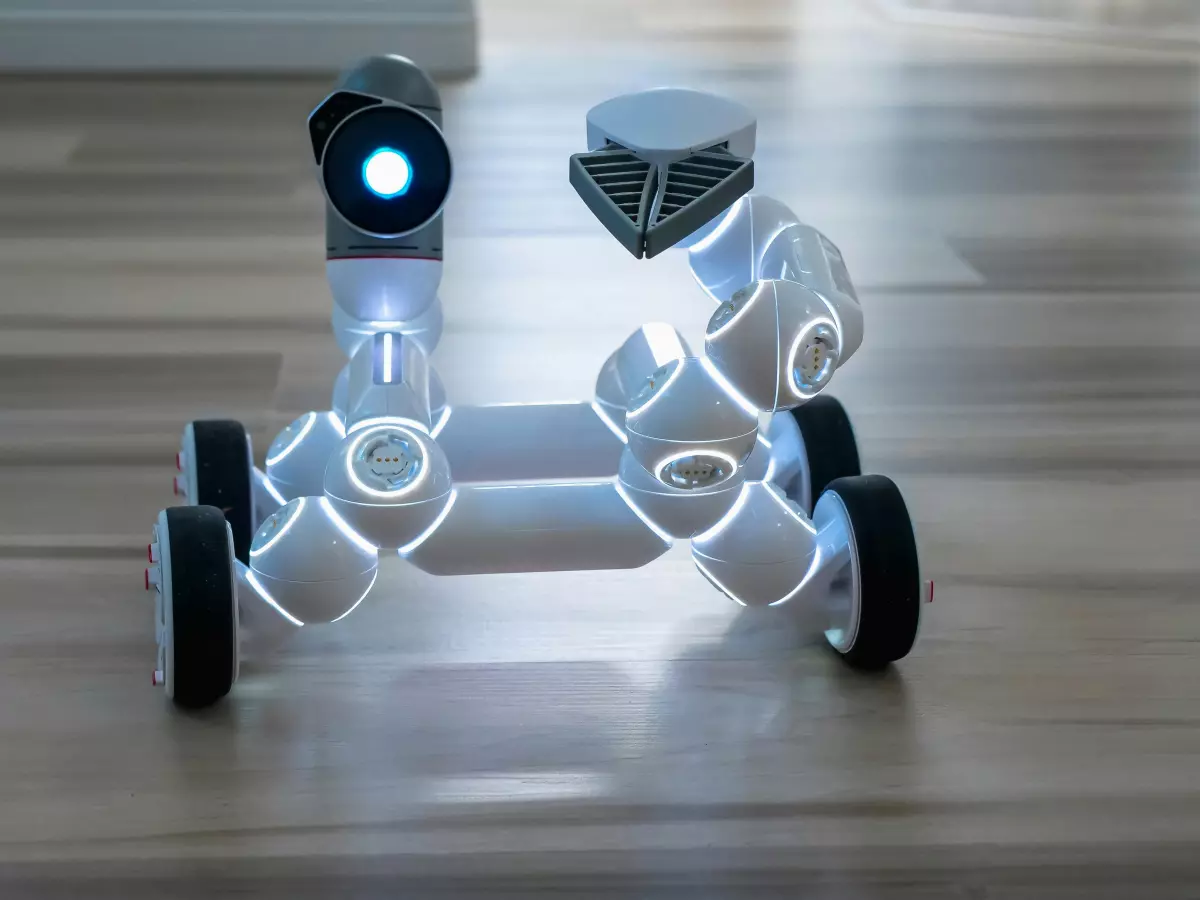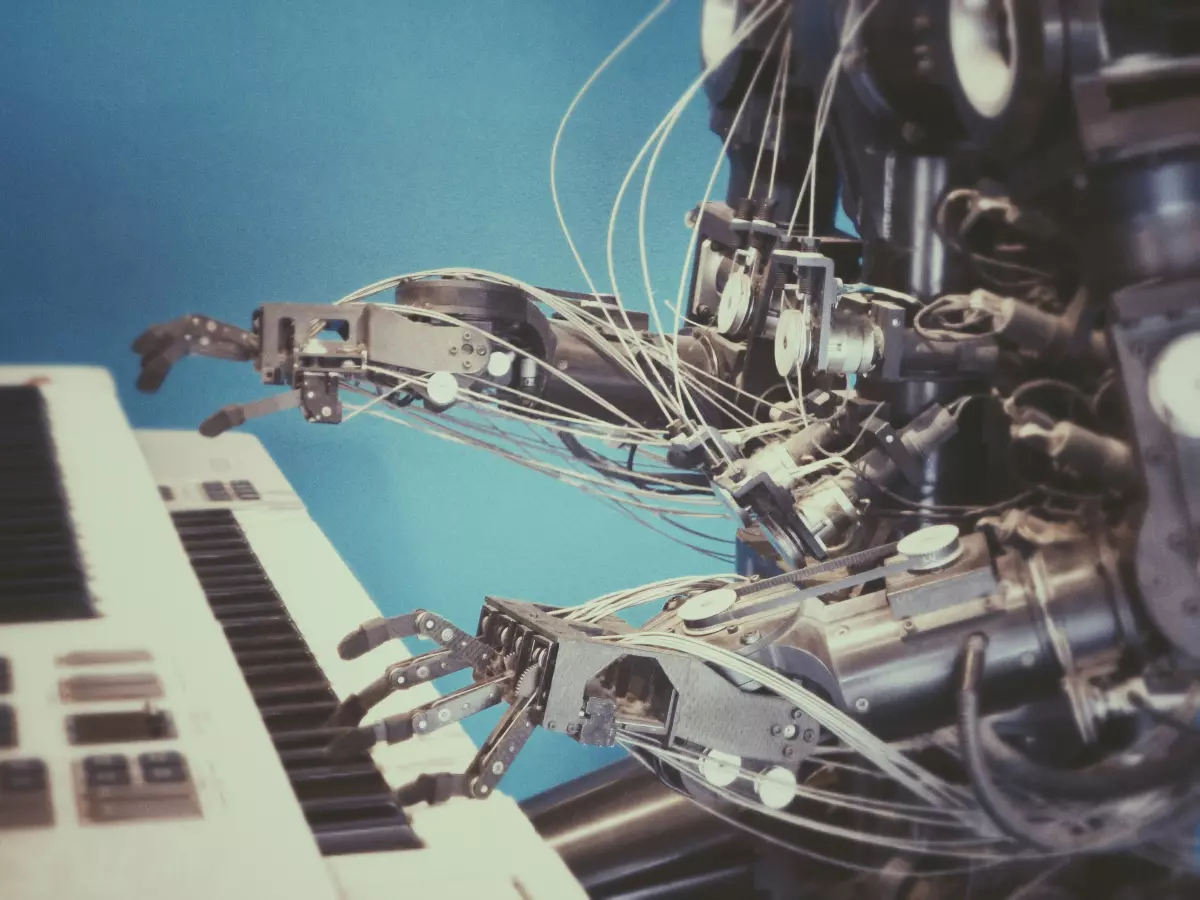Reflex Wars
Can robots ever outpace human reflexes? It's a question that has fascinated engineers and scientists for decades. But what exactly makes human reflexes so special, and how do robot control systems stack up?
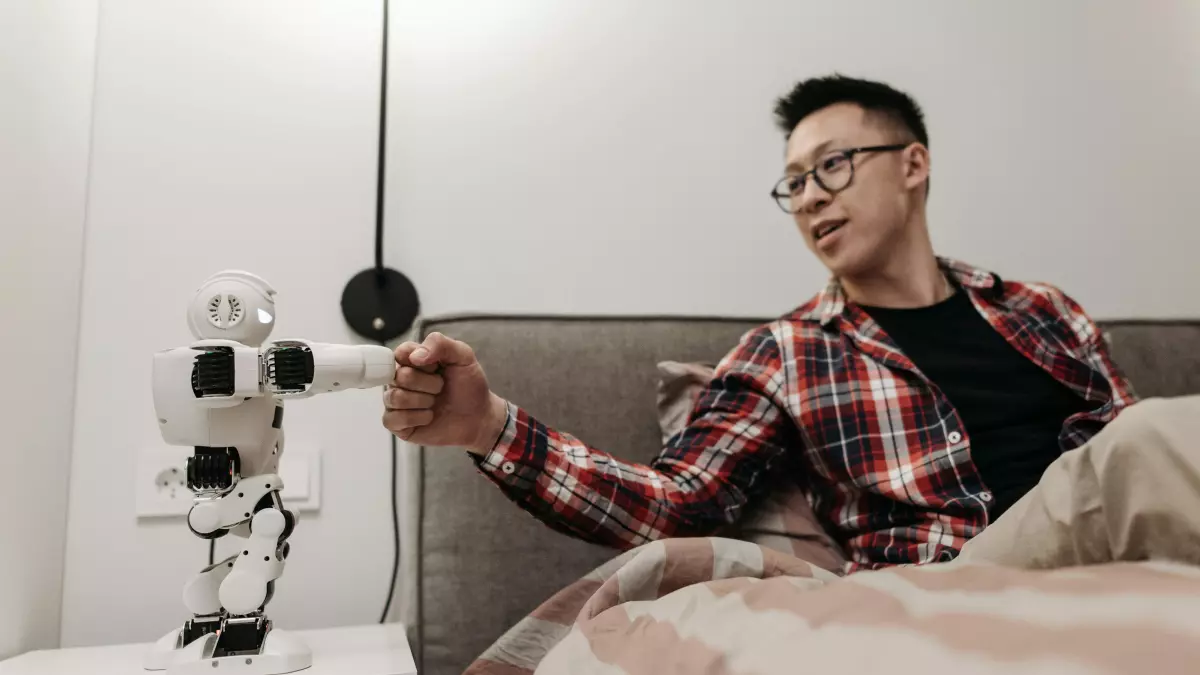
By Nina Schmidt
Reflexes are those automatic, lightning-fast responses that humans and animals have to external stimuli. You touch something hot, and before your brain even processes it, your hand pulls away. It's like magic, but it's actually biology. Now, imagine if robots could react with the same speed and precision. Would they be better at it than us? Or are there limits to what machines can achieve?
To answer this, we need to dive into the world of control systems. A control system in robotics is essentially the 'brain' that tells the robot what to do and when to do it. It processes input (like sensors detecting an object) and then sends commands to the robot's actuators (the parts that move). Sounds simple, right? But here's where it gets tricky: control systems are only as fast and accurate as the software and hardware driving them.
Speed: Humans vs. Robots
Let's start with speed. Human reflexes are fast—like, really fast. The average human reaction time is around 200 milliseconds. That's quicker than it takes to blink. Robots, on the other hand, can be even faster, but only under specific conditions. For instance, a robot arm in a factory can react in microseconds, but that's because it's operating in a controlled environment with pre-programmed tasks.
However, when robots are placed in unpredictable environments—like a self-driving car navigating a busy street—things slow down. The control system has to process a lot more data, and that takes time. So, while robots can technically react faster than humans, they often don't in real-world scenarios. Ironically, the more complex the task, the more human-like a robot's reaction time becomes.
Precision: The Robot Advantage
Where robots really shine is precision. Human reflexes, while fast, aren't always accurate. Ever tried to catch a falling object and missed? Yeah, we've all been there. Robots, on the other hand, don't suffer from shaky hands or bad aim. Once a control system has processed the data, the robot can execute its movements with pinpoint accuracy.
This is especially useful in industries like surgery, where precision is literally a matter of life and death. Robotic systems can perform delicate procedures with a level of accuracy that no human hand could ever achieve. So, while humans might be faster in some cases, robots win hands down when it comes to precision.
Adaptability: The Human Edge
But here's where things get interesting. Humans are incredibly adaptable. If something unexpected happens, we can adjust on the fly. Robots? Not so much. A robot's control system is only as good as the data it's been programmed with. If it encounters a situation it hasn't been trained for, it can freeze up or make mistakes.
This is why self-driving cars, for example, still struggle with unpredictable situations like a pedestrian suddenly stepping into the road. While the car's control system can react quickly, it may not always make the right decision. Humans, on the other hand, can assess the situation and adapt their reflexes accordingly.
The Future: Merging the Best of Both Worlds
So, what's the takeaway here? While robots can be faster and more precise than humans in certain situations, they still lack the adaptability that makes human reflexes so effective. But that doesn't mean robots will always be at a disadvantage. Advances in machine learning and AI are helping robots become more adaptable, allowing them to 'learn' from their mistakes and improve their reactions over time.
In the future, we might see robots that combine the speed and precision of control systems with the adaptability of human reflexes. Imagine a robot that can not only react faster than you but also make better decisions in unpredictable situations. Scary? Maybe. Exciting? Definitely.
Until then, it looks like humans still have the edge—at least when it comes to adaptability. But don't get too comfortable. The robots are catching up.
